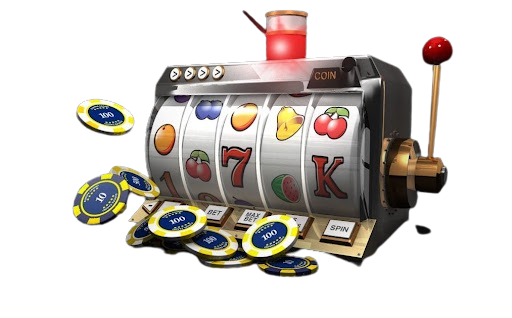In a world where technology continues to evolve at a rapid pace, one form of entertainment remains timeless: games. From the ancient civilizations indulging in strategic board games to the modern era’s immersive virtual realities, games have captivated the hearts and minds of individuals across cultures and generations. Let’s embark on a journey through the diverse landscape of games, exploring their evolution, impact, and the endless possibilities they offer.
The Evolution of Games: From Pong to Virtual Realities
The history of games traces back thousands of years, with evidence of early board games found in archaeological discoveries dating back to ancient Egypt and Mesopotamia. These early games served not only as sources of entertainment but also as tools for socialization, skill development, and even religious rituals.
Fast forward to the 20th century, and the emergence of electronic games ASTONSLOT revolutionized the industry. From the simple yet addictive Pong to the groundbreaking Super Mario Bros., video games became a cultural phenomenon, captivating players with their interactive experiences and imaginative worlds. The advent of home consoles, such as the Atari 2600 and the Nintendo Entertainment System (NES), brought gaming into the living rooms of millions, cementing its place in popular culture.
As technology advanced, so did the complexity and immersion of games. The rise of personal computers and the internet led to the development of massively multiplayer online games (MMOs), where players from around the globe could connect and collaborate in vast virtual worlds. With the advent of smartphones and tablets, casual gaming reached new heights, making games accessible to a broader audience than ever before.
Today, we stand on the brink of a new era of gaming with the emergence of virtual reality (VR) and augmented reality (AR) technologies. These immersive technologies promise to transport players to entirely new dimensions, blurring the lines between the virtual and the real.
The Impact of Games: Beyond Entertainment
While games are primarily associated with entertainment, their influence extends far beyond mere amusement. Research has shown that gaming can have a range of cognitive, emotional, and social benefits. From improving problem-solving skills and spatial awareness to fostering creativity and teamwork, games offer valuable opportunities for learning and personal growth.
Moreover, games have become a powerful medium for storytelling and artistic expression. Titles like “The Last of Us,” “Journey,” and “Life is Strange” have demonstrated the emotional depth and narrative complexity that games can achieve, challenging the notion of games as mere distractions and elevating them to the realm of art.
Beyond individual benefits, games have also played a significant role in shaping communities and forging connections. Online gaming communities provide a space for players to come together, form friendships, and share their passion for gaming. Esports, or competitive gaming, has surged in popularity, with professional players competing for fame, fortune, and glory in tournaments watched by millions around the world.
The Future of Games: Where Boundaries Fade and Imagination Soars
As we look to the future, the possibilities for games seem limitless. With advancements in artificial intelligence, virtual reality, and other emerging technologies, we can expect games to become even more immersive, interactive, and lifelike. From AI-driven NPCs that adapt and evolve to player actions to fully immersive virtual worlds indistinguishable from reality, the future of gaming holds endless promise.
Moreover, as games continue to evolve as a medium, so too will the conversations surrounding them. As we explore new genres, themes, and experiences, games have the potential to spark meaningful discussions about culture, society, and the human condition.
In conclusion, games are more than just a pastime; they are a reflection of our innate desire to play, create, and explore. From the earliest board games to the latest virtual realities, games have enriched our lives in countless ways, shaping who we are and who we can become. As we embrace the future of gaming, let us celebrate the power of play to inspire, connect, and transform the world around us.
